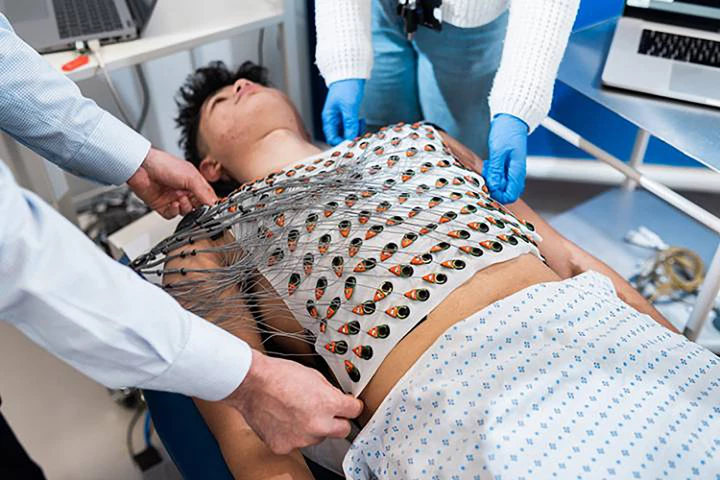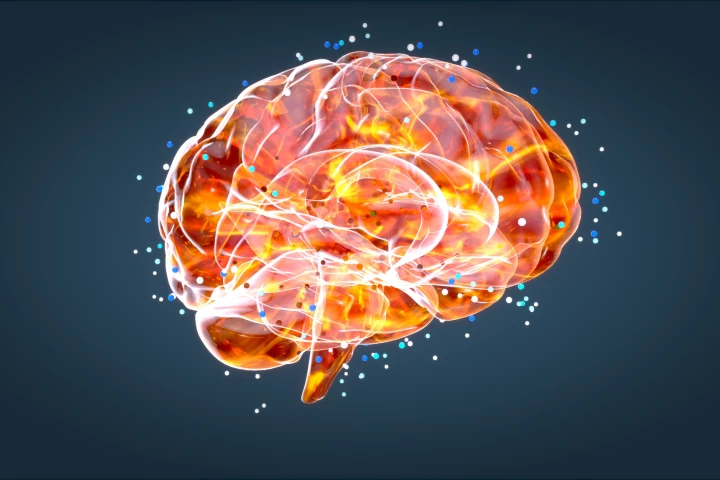MRI
-
The world’s most powerful MRI machine has scanned its first living human brains. The resulting images give an ultra high resolution glimpse into the brain, to help us better understand the nature of consciousness and treat neurodegenerative diseases.
-
Researchers have identified an accurate ‘signature’ that may signal a person’s risk of dementia five to 10 years before symptoms appear. The biomarker could provide an early diagnosis, allowing therapeutic interventions to slow the disease’s progress.
-
Researchers have developed a reusable ECG vest that takes high-resolution images of the heart's electrical activity that can better identify people at risk of future heart problems and could pave the way for more personalized treatment of heart disease.
-
Researchers have scanned the brains of adolescents with OCD while they performed decision-making tasks and identified the specific areas affected by the condition. It opens the door to more targeted treatment for the condition.
-
For the first time, through brain scans, assessments and therapies, researchers have identified a subtype of depression that features more pronounced cognitive dysregulation, with common treatment missing the mark on combatting debilitating symptoms.
-
Surgery to remove brain tumors comes with risks, one being that it may cause damage to the surrounding tissues. Researchers have found that biomarkers found in the blood are a useful new tool for tracking brain tissue damage on a cellular level.
-
Nearly 40 years in the making, scientists have supersized magnetic resonance imaging to produce never-before-seen detail of a brain. They believe this mouse model will pave the way for similar human imaging for a crucial view into how our brains age.
-
A study has shed important light on migraine development by leveraging cutting-edge imaging technology to gain a new perspective on structures in the brain, which revealed enlarged spaces around the blood vessels in people suffering the condition.
-
Scientists in Israel have demonstrated a promising new technology for early Parkinson's diagnosis, using a variation of MRI to spot tiny, telltale structures forming deep in the brain as the disease progresses.
-
Using machine learning, researchers have developed an algorithm that can accurately diagnose Alzheimer’s disease from a single MRI brain scan. The system can also distinguish early-stage disease from more advanced stages.
-
Tennis players are susceptible to wrist cartilage injuries, which may not even present any symptoms at first. A van-based MRI system was designed with that in mind, as it can spot such injuries right at the tennis court, before they become serious.
-
New research has found the world’s first portable MRI machine can accurately detect ischemic strokes. The machine was authorized by the FDA in 2020 and researchers are increasingly demonstrating it to be as effective a tool as bigger MRI devices.
Load More











